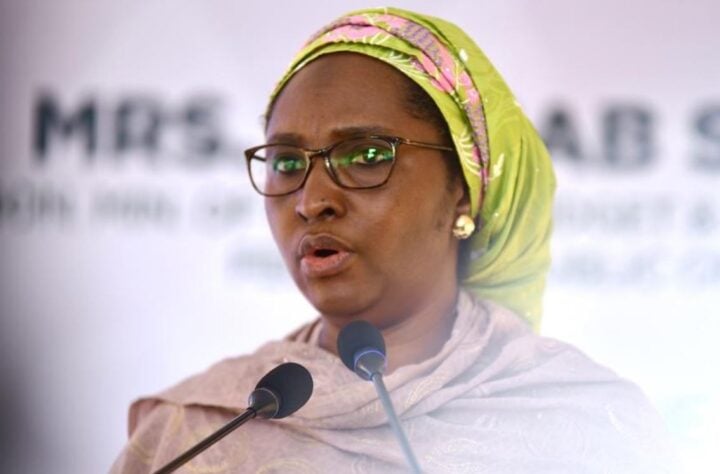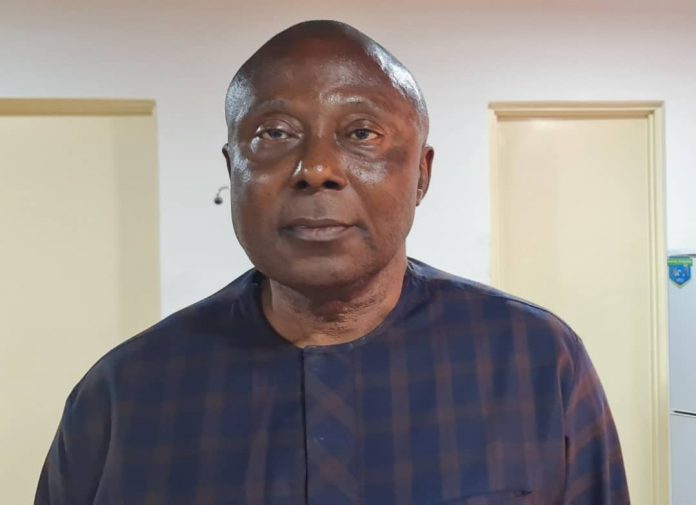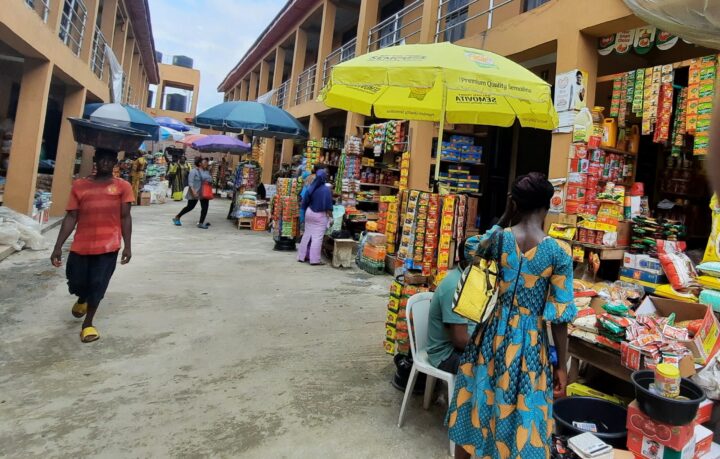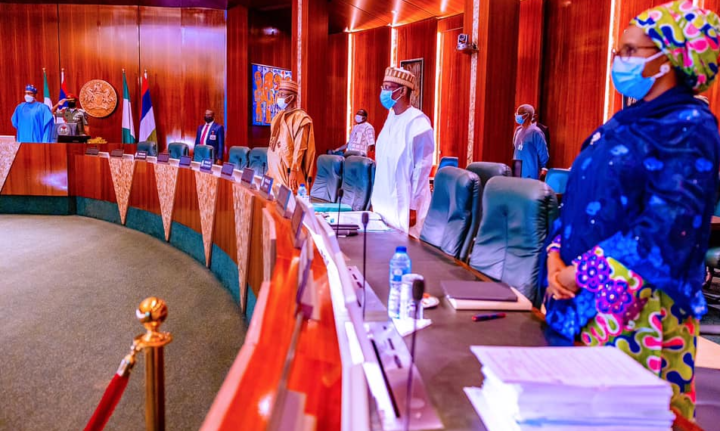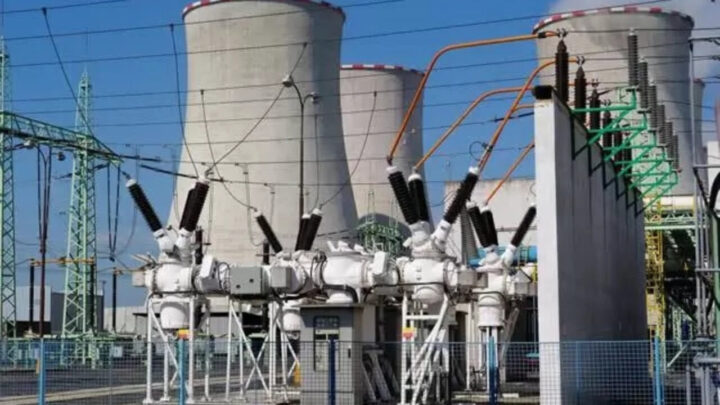Obiora Okonkwo, chairman of the United Nigeria Airlines, says airline operators are yet to feel the measures taken by the federal government to lessen the impact of high aviation fuel prices on the economy.
Okonkwo said this in Abuja on Tuesday after his investiture as the national grand patron Ndigboamaka Progressives Market Association.
He said much has not changed since the authorities waded into the aviation fuel crisis that almost grounded the sector.
In May, Airline Operators of Nigeria (AON) announced plans to shut down operations over the high cost of aviation fuel.
Advertisement
The group complained that aviation fuel, also known as Jet A1, has reached an all-time high of N700 per litre.
But the Nigeria National Petroleum Corporation (NNPC) Limited, Central Bank of Nigeria (CBN) intervened and agreed to provide six million litres of aviation fuel at N480 a litre for three months.
Despite the move, Okonkwo said the measures aimed at cushioning the effect are yet to be fully implemented.
Advertisement
“Nothing much has changed, just that the government of the day was magnanimous, kind and listened to us and put a lot of things in motion to soften the impact of the aviation fuel price increase,” the professor said.
“We are happy and grateful to them, but the truth of the situation is that those initiatives taken are still at the implementation stage, they have not been fully implemented, so we are not feeling the impact yet.
“The aviation fuel has continued to rise, but I can tell you that some of those promises are being implemented.”
Okonkwo said as national grand patron of Ndigboamaka — the umbrella organisation of all Igbo traders in the 58 markets in Lagos — he wants to guide the organisation into “the next phase of their activities and developments”.
Advertisement
“They want to change the perception that Igbo don’t have leaders — but they want to come together under one leadership to say that they have to move from the perception of the informal sector to the formal sector,” he said.
“They have to prove to people that traders, Igbo people, are not just those who have not gone to school or may not know how to speak English or organise themselves within them.
“But within them, they have what it takes to provide leadership and build society.”
Advertisement


